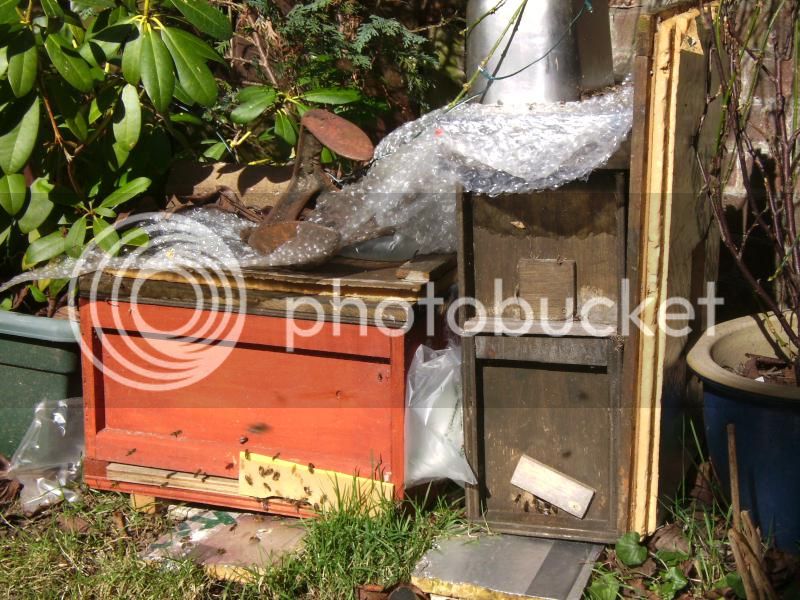itma
Queen Bee
And what difference would a bit of paper do? it seems that thereare loads of people around with bundles of little bits of paper but it's obvious from some of the comments on here that they still don't have a scooby about beekeeping.
It is true that Driving Tests and Licenses don't prevent ALL road accidents, but my impression is that there would be more accidents if the test (and the resulting bit of paper) was abolished.
The Basic is pretty bloody basic, but even so, one is unlikely to pass without having been exposed to some form of training (beyond YouTube). And that training should reduce the losses that would be suffered by bees in the hands of the untrained.
I'm not suggesting that The Basic is ideal, but (lacking any alternatives) it is the benchmark that ALL new beekeepers should aspire to passing quickly - and my feeling is that Associations should 'encourage' that aspiration with both carrot and (gentle) stick.






